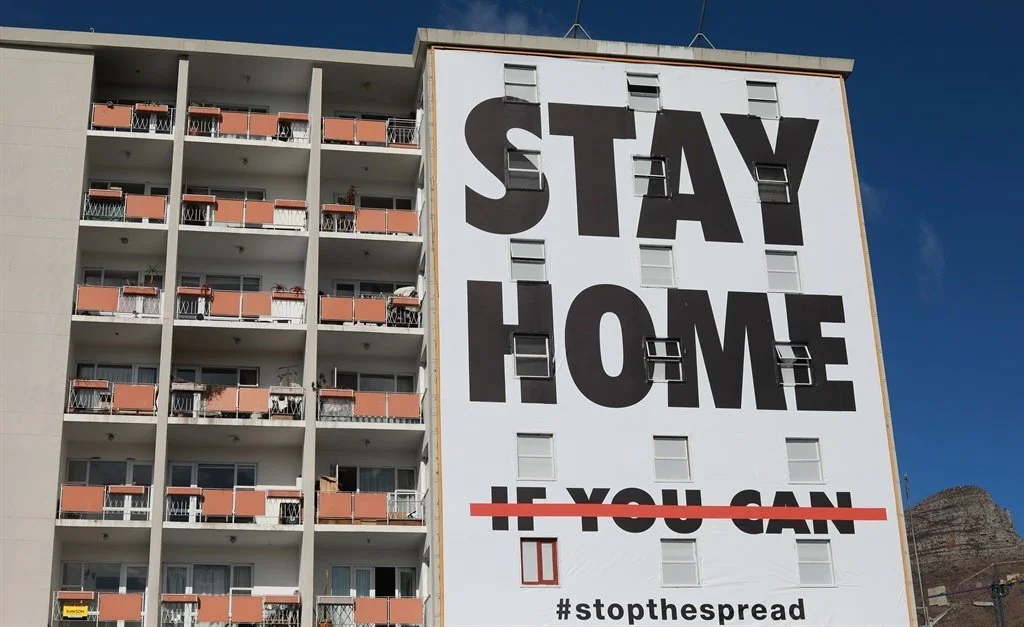The news from South Africa has not been good. It is now ranked fifth in the world for COVID-19 diagnoses. In the Eastern Cape – the focus of our work, the healthcare situation is catastrophic: there are more than 85,000 people with coronavirus and almost 2,800 have died. This BBC report conveys the appalling reality.
Tragically, the impact of the pandemic goes beyond this. Around 7.7 million people live with HIV in South Africa. In recent years, the country has made enormous strides in prevention, access to care and the treatment of HIV. Indeed, South Africa manages the world’s largest antiretroviral treatment (ART) programme.
Like other countries, South Africa responded to the pandemic with a lockdown to slow the rate of infection and prepare its healthcare system. However, the redirection of resources is having a profound impact on the provision of healthcare services for other diseases, in particular HIV programmes.
A study from the World Health Organisation suggests that a 6-month disruption of ART could result in half a million additional deaths due to AIDS-related illnesses in sub-Saharan Africa in the next 12 months. The incredible advances made over the last decade are in danger of being wiped out.
The economic impact of the pandemic is also starting to be felt in South Africa, with a massive increase in unemployment, which some say could reach as high as 50%. Entire industries that employ hundreds of thousands of people are at risk. Children have been out of school for months and are living in even more stressful conditions than before, which will inevitably have a detrimental impact on their cognitive development. The profound strain on the healthcare system also means that basic immunisation is delayed for tens of thousands of children, further threatening their lives. And a report in The Lancet last month details the grave risks posed to the nutritional status of these young children, as a result of the social and economic crisis triggered by COVID-19.
Thanks to the incredible support so far received for our Save A Life Campaign, we have been able to ensure that our Mentor Mothers in the Eastern Cape have the PPE they need to do their jobs safely, including 3,000 face masks, 17,500 gloves and 700 litres of sanitiser. All of this has meant we can continue to support 13 local clinics in their efforts to contain the virus.
In the first three months of lockdown alone, our Mentor Mothers conducted 6,000 remote follow-up visits with their clients, ensuring uninterrupted continuity of care despite exceedingly difficult circumstances. That’s over 2,500 direct beneficiaries, including 1,313 mothers (pre- and post-natal), 1,115 babies/young children (born to mothers on our Enable programme) and 90 underweight under 6-year olds. Amongst them are also 85 vulnerable families who have received food care packages as a result of the Save A Life Campaign.
Right now, the main concern is the disruption to primary health services – both on the supply and demand sides. Clinics are closing when health workers get sick and more PPE is always needed. Medications are out of stock due to supply chain disruptions and some clinics have stopped offering some vital services because of a combination of factors. On the demand side, many people are fearful of going to the clinic to collect medication, get tested for HIV or go for their antenatal visits.
Our Mentor Mothers’ roles have therefore become even more critical than ever because they serve as the link between the clinic and the community, and, as health advocates, are equipped and empowered with the knowledge to support women and children to survive and thrive. Since we launched our Enable programme in 2016, we have seen remarkable increases in childhood vaccinations, ART adherence and early antenatal clinic visits, so we can’t afford to slide backwards.
Helping to rebuild the lives of this very vulnerable population is going to be a long, hard road.
In the meantime, if you are able to support our work, by contributing to the provision of PPE for our Mentor Mothers and food care packages for their communities, that would be wonderful. We need to find an extra £20,000 a month to support this emergency work.
Stay safe and well.
Abi Levitt, Deputy Director
If you haven’t yet had the opportunity to contribute to our Save A Life Campaign, you can donate here.




